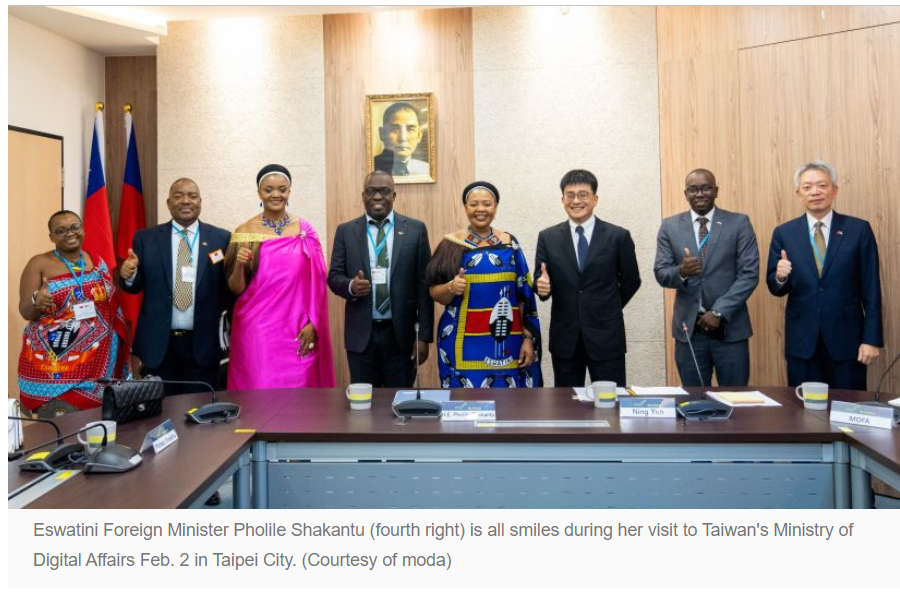
By Nomsa Dlamini
As Eswatini marks 56 years of independence, the nation’s greatest asset is clear: its vibrant youth. Representing the future of the kingdom, young people hold the potential to drive socio-economic development, shape policy, and lead Eswatini into a prosperous future.
Yet, for this potential to be realised, opportunities must be expanded, and the youth must be equipped with the tools to thrive.
“In any society, the youth play a critical role in nation-building and economic development,” says author Martin Mandalu. “They are the future leaders, and they need the right platforms to participate, innovate, and contribute meaningfully to their communities.”
Government and private sector organisations are being called upon to increase investment in youth-focused initiatives, such as training programmes, internships, mentorships, and scholarships.
These efforts are not just about job creation but about empowering young people to be active citizens who can shape the future of their country.
One such initiative is the Eswatini Youth Empowerment Programme, endorsed by the Government of the Kingdom of Eswatini and supported by the UNDP. This programme focuses on providing work experience, skills training, and employment opportunities for young people aged 18 to 35.
Through partnerships with private sector companies and tertiary institutions, the programme aims to bridge the gap between education and employment, offering a pathway for both graduates and non-graduates.
RELATED:Inyatsi Foundation unveiled as title sponsor of Eswatini Schools Arts and Culture competitions
“I’m passionate about making a difference in my community,” says Thandiwe Dlamini, a 23-year-old recent graduate from Mbabane. “I was fortunate to be part of a mentorship programme that helped me secure my first job in digital marketing.
Now, I am not just working; I’m building a career. But many of my friends did not have that chance. We need more programmes that connect education to real job opportunities.”
According to the Eswatini Central Statistics Office, 43 per cent of the nation’s population is under 18 years old, with many facing challenges such as limited job opportunities, underrepresentation in decision-making processes, and a mismatch between skills and market demands.
For Eswatini to harness the potential of its youth, these issues need to be addressed.
Nonhlanhla Motsa, a young advocate from Siteki, emphasised the importance of inclusivity. “I want to see people with disabilities given equal opportunities as others. The norm of excluding those with disabilities from development activities pushes them further behind.
f we are not involved, no one will raise our challenges, and it will be like we do not exist in society.”

Through the Eswatini Youth Empowerment Programme, several key areas are being targeted.
These include artisanal skills training, a sustainable energy academy, and the establishment of a tech hub that will focus on STEM education, software development, and emerging technologies such as artificial intelligence and blockchain.
hese initiatives are designed not just to provide skills but to foster a spirit of entrepreneurship, ensuring that young people can start and sustain their own businesses.
“We need to think beyond just getting jobs,” says Sibusiso Ndlovu, a 20-year-old aspiring entrepreneur from Manzini. “It’s about creating opportunities and finding solutions to the problems in our communities. I’m learning how to start a business, and I want to inspire others to do the same. Our future is in our hands.”
The ambition is clear: to reduce youth unemployment by 50% by 2030. Yet, as Eswatini celebrates its independence, the focus must remain on action. By investing in young people today, the kingdom can secure a brighter, more prosperous future for all.
For 19-year-old Lindiwe Maseko from Matsapha, the journey is just beginning. “I dream of becoming a software developer and creating apps that solve everyday problems in Eswatini. With the right support, I believe I can achieve that and more.
RELATED:Minister Shakantu injects E100k to empower the Sigwe community
We, the youth, are ready to be effective. We just need the chance to prove it.”
As the nation looks ahead, there is hope that Eswatini’s youth will not only be the leaders of tomorrow but active participants in shaping the country today.
The call to action is clear: invest in the youth, listen to their voices, and give them the tools they need to succeed. With their passion, creativity, and resilience, there’s no limit to what they can achieve.



